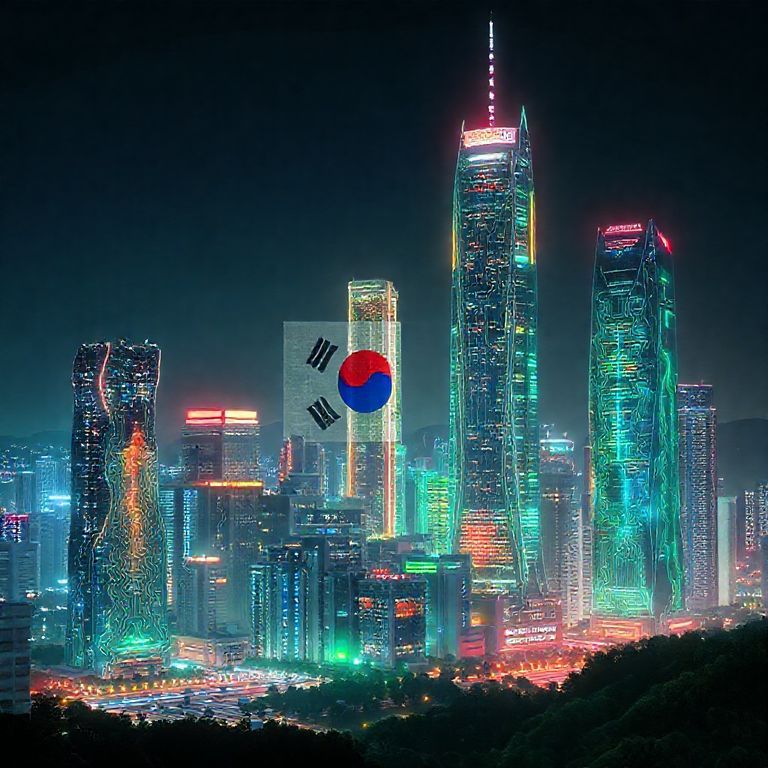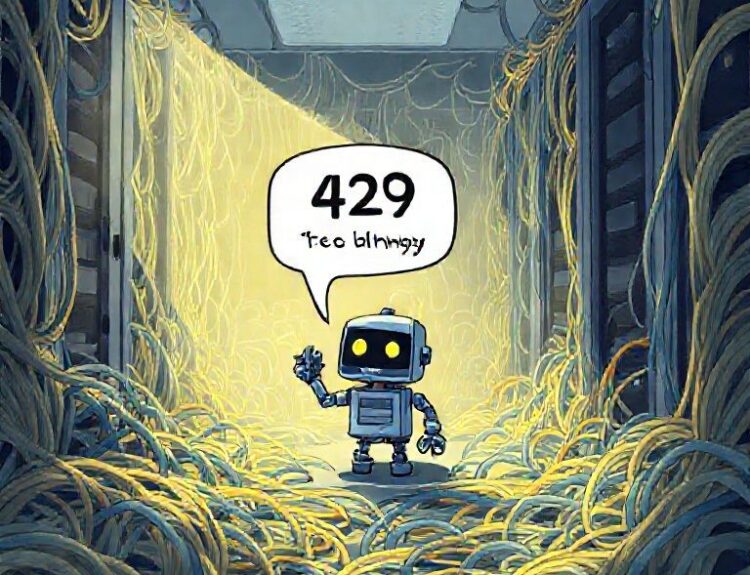Okay, so I just stumbled across something pretty cool, and I had to share it. Jensen Huang, the big boss at Nvidia, is in South Korea right now, and it sounds like he’s building some serious AI bridges. He’s not just shaking hands; he’s laying the groundwork for AI-powered networks with some of the biggest players in the game: Samsung, Hyundai, SK Group, and Naver.
Think about it: that’s electronics, automotive, telecom, and internet all rolled into one. Nvidia isn’t just selling chips; they’re embedding themselves into the future of these industries.
What’s particularly interesting is the timing. According to a PwC report, AI could contribute up to $15.7 trillion to the global economy by 2030. [https://www.pwc.com/us/en/services/consulting/cybersecurity-risk-regulatory/library/artificial-intelligence-predictions.html] If Nvidia can become integral to South Korea’s AI development, the potential payoff is massive.
Why is this a big deal?
Well, South Korea is a tech powerhouse. They are known for innovation and the country is investing heavily in AI. The South Korean government, for example, has committed to investing ₩47.8 trillion (approximately $39 billion USD) in AI by 2027. (Source: https://www.korea.kr/news/policyNewsView.do?newsId=148898270). Nvidia aligning with these companies feels like a strategic move to dominate the AI hardware and software space.
Plus, consider what each company brings to the table:
- Samsung: Already a leader in memory chips and consumer electronics. Imagine AI-powered smartphones and smart home devices, all fueled by Nvidia tech.
- Hyundai: Self-driving cars and advanced manufacturing are begging for AI. Nvidia’s involvement could accelerate Hyundai’s progress in these areas.
- SK Group: With their reach in telecommunications and energy, SK can leverage AI for smarter networks and energy management solutions.
- Naver: Think AI-powered search, translation, and even robotics. Naver is the biggest search engine in South Korea so AI will be heavily integrated
Here are my takeaways:
- Nvidia is doubling down on AI. This isn’t a casual partnership; it’s a full-on commitment to building AI ecosystems with key players.
- South Korea is becoming an AI hub. The country’s investment and tech infrastructure make it a prime location for AI development.
- The future is interconnected. These partnerships highlight how AI will touch almost every aspect of our lives, from our cars to our phones.
- Competition is heating up. With companies like AMD and Intel also vying for a piece of the AI pie, expect more partnerships and innovation in the coming years. MarketandMarkets projects the AI chip market to reach $83.25 billion by 2027 [https://www.marketsandmarkets.com/Market-Reports/artificial-intelligence-ai-chips-market-199570150.html]. Everyone wants a piece of that cake
- AI is going global. Nvidia’s expansion into South Korea signals a push to establish AI leadership on a global scale.
FAQs
-
What exactly is Nvidia doing in South Korea? Nvidia’s CEO is meeting with Samsung, Hyundai, SK Group, and Naver to strengthen AI partnerships and develop AI-powered networks and intelligent systems.
-
Why is Nvidia partnering with these specific companies? Each company is a leader in its respective industry (electronics, automotive, telecom, and internet) and can leverage Nvidia’s AI technology to enhance its products and services.
-
What are the potential benefits of these partnerships? The partnerships could lead to AI-powered smartphones, self-driving cars, smarter networks, and improved search and translation services.
-
How does this affect the global AI landscape? Nvidia’s expansion into South Korea signals a push to establish AI leadership on a global scale and intensify competition in the AI market.
-
Is the South Korean government involved in these AI developments? Yes, the South Korean government is investing heavily in AI, with plans to invest ₩47.8 trillion (approximately $39 billion USD) in AI by 2027.
-
What role does Samsung play in these partnerships? Samsung, a leader in memory chips and consumer electronics, can integrate Nvidia’s AI technology into smartphones and smart home devices.
-
How might Hyundai benefit from AI? Hyundai can use AI to accelerate the development of self-driving cars and improve manufacturing processes.
-
What is SK Group’s potential role in AI development? SK Group, with its reach in telecommunications and energy, can leverage AI for smarter networks and energy management solutions.
-
What does Naver bring to the table? Naver, the biggest search engine in South Korea, can integrate AI into search, translation, and robotics.
-
How might these partnerships impact the average person? People may experience smarter and more efficient technologies in their everyday lives, from AI-powered smartphones to self-driving cars.






